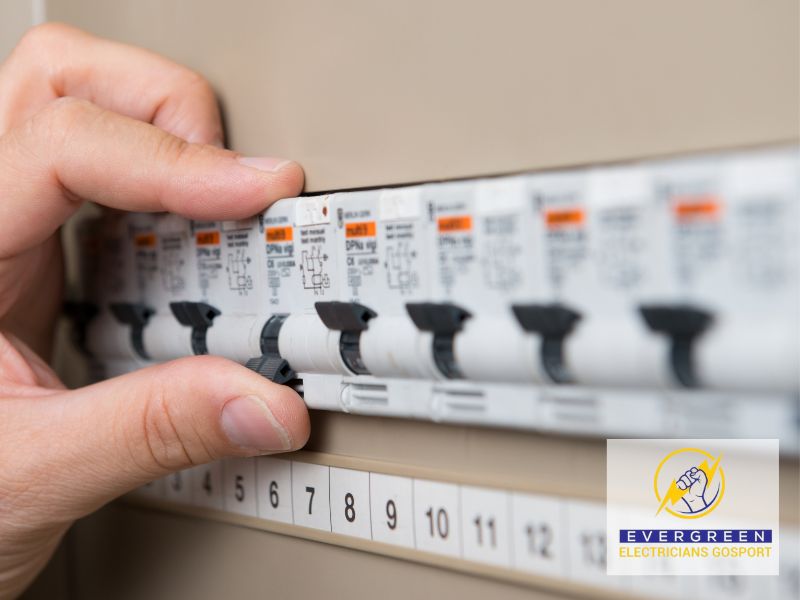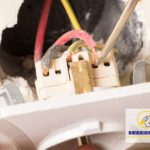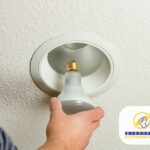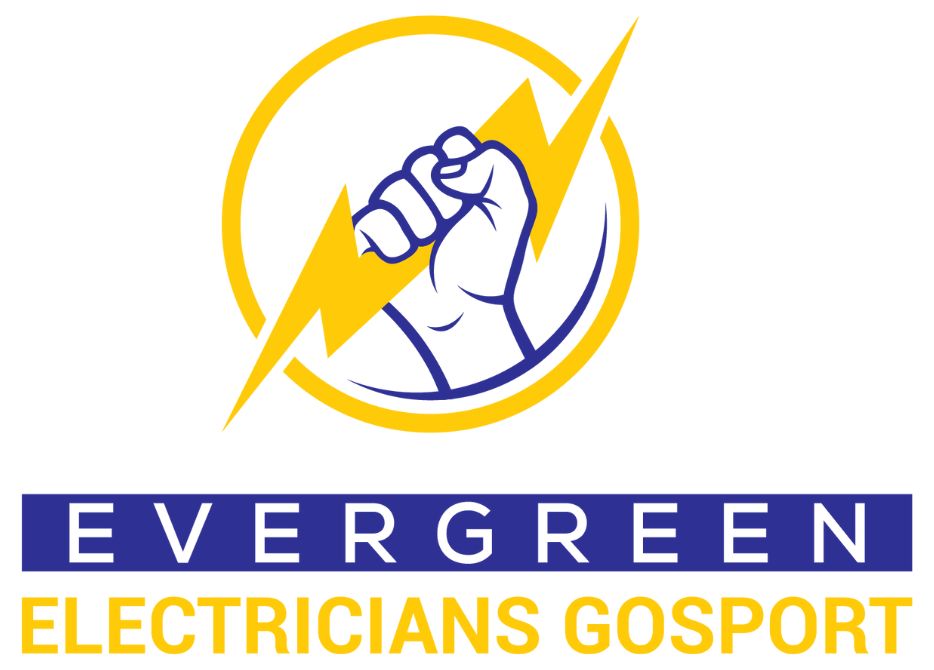Are fed up with spending a fortune on your energy bills in the UK? On the lookout for innovative ways to reduce your energy consumption and save money? Look no further! In this article, we’ll provide you with practical tips and techniques to help you achieve just that.
Imagine a world where your energy bills are significantly cut, giving you more money in your pocket. It’s not just a dream – it can become your reality by putting these energy-saving strategies into action. Carry out an energy audit of your home to find out where energy is being wasted and take immediate action.
Upgrading to energy-efficient appliances and adopting smart energy-saving habits will further reduce your energy usage. But it doesn’t stop there! Insulate your home and use energy-saving lighting options to make a huge difference. Also, don’t forget to take advantage of government incentives and grants to get even more savings.
So, get ready to start your journey to lower your energy consumption and save money. Embrace innovation and make a positive impact on your finances and the environment!
Conduct an Energy Audit of Your Home
To lower your energy consumption and save money in the UK, you should conduct an energy audit of your home. An energy audit is an assessment of your home’s energy usage and efficiency, and it can provide valuable insights into areas where you can make improvements.
Identifying areas of energy waste can help you take steps to reduce overall energy consumption. Professional energy audits, provided by electrical contractors, have several benefits: they can help you understand how your home uses energy, pinpoint areas of improvement, and prioritize upgrades with the greatest impact on energy bills.
With this knowledge, you can make informed decisions on where to invest time and money to make your home more energy-efficient. Once you have finished your energy audit, you can move to the next step: upgrading to energy-efficient appliances.
Upgrade to Energy-Efficient Appliances
By investing in energy-efficient appliances, you can transform your home into an eco-friendly powerhouse, reducing your carbon footprint while also putting money back into your pocket. Here are some key points to consider when upgrading to energy-efficient appliances:
- Cost-effective upgrades: Although energy-efficient appliances may have a higher upfront cost, they can save you money in the long run. These appliances use less electricity, resulting in lower utility bills.
- Appliance energy ratings: Look for appliances with high energy ratings, such as Energy Star certified products. These ratings indicate the efficiency of the appliance and can help you make informed purchasing decisions.
- Benefits of energy-efficient appliances: Energy-efficient appliances not only save you money, but they also reduce your energy consumption and environmental impact. They can improve the comfort of your home and even increase its value.
By upgrading to energy-efficient appliances, you can take a significant step towards creating an energy-efficient home. Implementing smart energy-saving habits will further enhance your efforts to reduce energy consumption and save money.
Implement Smart Energy-Saving Habits
Implementing smart energy-saving habits in your daily routine can have a significant impact on reducing your carbon footprint and saving money. By incorporating energy-saving technology and sustainable living practices, you can optimize your energy consumption and contribute to a greener future.
Start by setting your thermostat to a more energy-efficient temperature and utilizing programmable thermostats to adjust the temperature when you’re away. Unplug electronics and appliances when not in use, as they can still draw power even when in standby mode.
Make the most of natural light by opening curtains and blinds during the day and install energy-efficient LED bulbs throughout your home. Finally, remember to turn off lights and fans when leaving a room – simple yet effective changes that will help you save energy and money.
Moving on, let’s look at how you can further insulate your home.
Insulate Your Home
If you’re looking to cut down on energy use and save money on your energy bills, insulation is a great way to go. Start by sealing up any air leaks in your home, as these can cause draughts and let heat escape.
Then, make sure you have appropriate insulation in your walls, attic, and floors to keep the warmth in and the cold out.
Insulating your home is an efficient and cost-effective way to stay comfortable and save energy.
Seal air leaks
Sealing air leaks in the UK is a simple and effective way to reduce energy consumption and save money. It’s essential to prevent air leakage to keep your home comfortable and energy-efficient.
Sealing gaps and cracks around windows, doors, and other openings can help to stop warm air from escaping in winter and cool air from escaping in summer. Weatherstripping, such as using adhesive-backed foam tape or applying caulk, can create a tight seal and reduce drafts.
Additionally, seal air leaks in your attic, basement, and crawl spaces to further increase energy efficiency. After sealing air leaks, you can move on to the next step and install proper insulation.
Install proper insulation
To make your home more comfortable and energy-efficient, you’ll want to ensure you have proper insulation in place. It’s like a warm and cosy blanket that keeps you insulated from the cold outside.
Installing proper insulation has numerous benefits. It reduces heat loss, minimises drafts, and improves overall energy efficiency. There are various types of insulation materials available, such as fibreglass, cellulose, and spray foam. Each material has its own advantages, so it’s important to choose the one that suits your needs best.
Fibreglass insulation is cost-effective and easy to install. Cellulose insulation, on the other hand, is environmentally friendly and provides excellent soundproofing. Spray foam insulation offers superior air sealing properties and can be used in hard-to-reach areas.
By selecting the right insulation material and ensuring proper installation, you can significantly reduce your energy consumption and save money on your utility bills.
Now, let’s move on to the next section about using energy-saving lighting options.
Use Energy-Saving Lighting Options
Switch to energy-saving lighting options to reduce your energy consumption and save money, whilst also illuminating your home with a warm and inviting glow. Here’s how:
- LED Bulbs: Replace traditional incandescent bulbs with LED bulbs. They use up to 80% less energy and last much longer, saving you money on replacements.
- Compact Fluorescent Lamps (CFLs): CFLs are more energy-efficient than incandescent bulbs and can last up to ten times longer. Plus, they emit less heat, keeping your home cooler.
- Natural Lighting: Make the most of natural light during the day by keeping curtains and blinds open. It not only saves energy but also has numerous health benefits.
- Smart Lighting Systems: Invest in smart lighting systems that allow you to control your lights remotely. You can easily turn them off when not needed, saving energy.
By switching to energy-saving lighting options, you’ll reduce your energy consumption and save money, creating a more sustainable and innovative living space. Take advantage of UK government incentives and grants to further enhance your energy-saving efforts.
Take Advantage of Government Incentives and Grants
If you’re in the UK and looking for ways to reduce your energy consumption and save money, make sure to take advantage of government incentives and grants.
Do your research to find out which programmes and subsidies could help you with the cost of energy-saving upgrades.
Then, apply for energy-saving grants or rebates to get financial assistance for your project.
Research available programs and subsidies
By exploring available programs and subsidies in the UK, you can find ways to reduce your energy consumption and save money. Here are some key resources and strategies to consider:
- Comparison shopping: Compare different energy suppliers to get the best rates and options for your needs. Many suppliers offer renewable energy plans to reduce your carbon footprint.
- Energy efficiency schemes: Look into government-backed initiatives like the Energy Company Obligation (ECO) or Green Deal. These programs provide financial assistance for energy-efficient upgrades such as insulation, heating systems, and renewable technologies.
- Local authority grants: Check with your local council for grants or schemes to help homeowners improve energy efficiency. These grants can cover insulation, solar panels, and more.
By taking advantage of these resources and programs, not only can you reduce energy consumption, but you can also save money on your bills. Now, let’s look into how you can apply for energy-saving grants or rebates.
Apply for energy-saving grants or rebates
Take advantage of energy-saving grants or rebates to reduce your carbon footprint and keep more money in your pocket.
There are numerous energy-saving programmes in the UK offering financial incentives for making energy-efficient upgrades to your home or business. These grants and rebates can help to offset the upfront costs of purchasing and installing energy-efficient appliances, insulation, and renewable energy systems.
By applying for these programmes, you can not only lower your energy consumption but also save money on your monthly utility bills. Some of these grants and rebates are specifically targeted at low-income households, making them even more accessible.
Don’t miss out – apply for energy-saving grants or rebates today and start enjoying the benefits of a more energy-efficient lifestyle.
Frequently Asked Questions
How much does it cost to conduct an energy audit of your home?
The cost of energy audits in the UK can vary depending on the size and complexity of your home, but on average, it ranges from £200 to £500.
However, the benefits of these audits far outweigh the cost. An energy audit helps identify areas of energy waste, allowing you to make informed decisions on improving energy efficiency, which can save money in the long run.
Energy audits also provide innovative solutions to help lower energy consumption, creating a more sustainable home.
Are there any specific energy-efficient appliances that are recommended for saving money in the UK?
Looking to save money on your energy bills in the UK? Invest in energy-efficient appliances and the best energy-saving gadgets. These innovative tools will help you lower your energy consumption and reduce costs.
From smart thermostats that optimise heating and cooling to energy-efficient washing machines and dishwashers, there are plenty of options available. Upgrade to these cutting-edge technologies and start enjoying the benefits of lower energy bills while embracing a greener lifestyle.
What are some smart energy-saving habits that can easily be implemented in everyday life?
To implement energy-saving habits in everyday life, begin with using energy efficient transport options like electric vehicles or public transport.
At work, encourage staff to switch off lights and electronics when they’re not being used and use natural lighting when possible.
Additionally, think about using energy-saving features on computers and appliances, such as sleep mode or power-saving settings.
These simple changes can have a big effect on reducing energy consumption and saving money.
How much does it typically cost to insulate a home in the UK?
Insulating your home in the UK can be a cost-effective way to save money on energy bills. The cost varies depending on the size and type of your home, but typically ranges from £300 to £1,000.
There are government grants available to help with the cost. Popular options like cavity wall and loft insulation can significantly reduce heat loss and make your home more energy-efficient.
What are some energy-saving lighting options that are suitable for different areas of the home?
To save energy, consider using energy-efficient lighting options throughout your home. Energy-saving bulbs, such as LED or CFL, are ideal choices. LED bulbs use up to 80% less energy and last much longer than traditional incandescent bulbs.
CFL bulbs are also efficient and offer a variety of brightness levels. Install LED strips under cupboards for task lighting and use dimmable LED bulbs for adjustable ambience in living areas.












